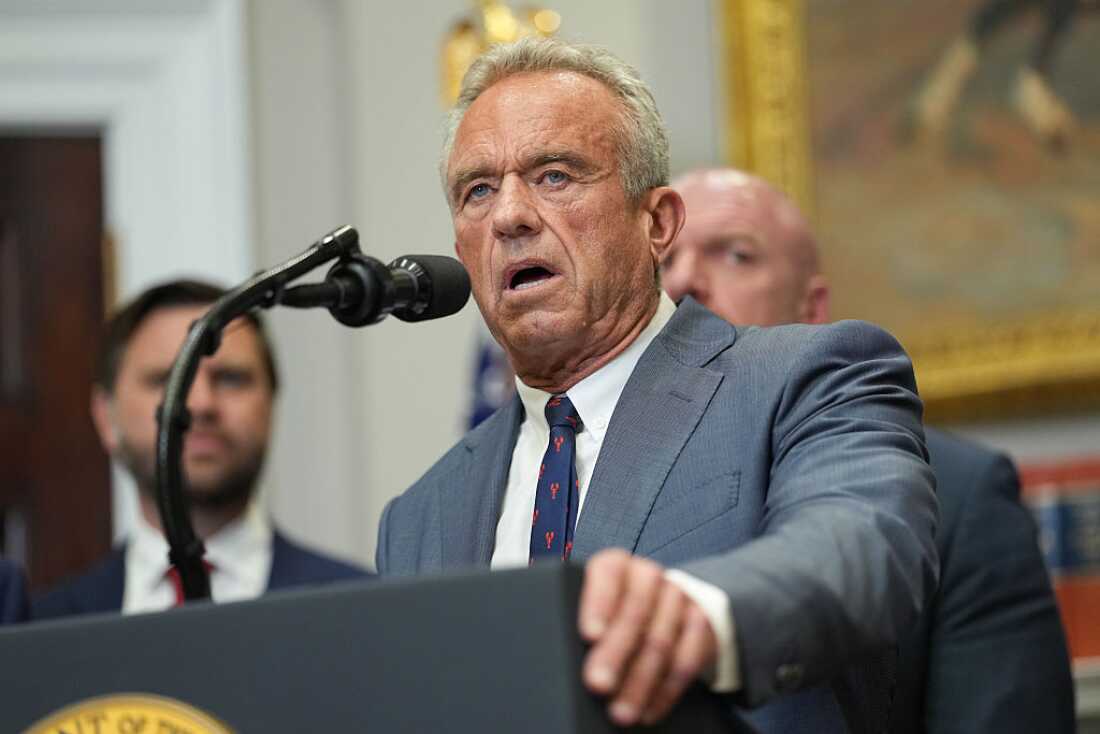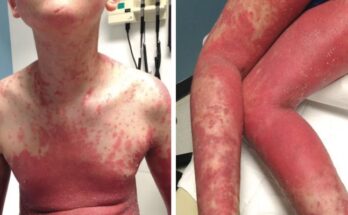The Kennedy-CDC Crisis: A Perfect Storm in Public Health
The appointment of Robert F. Kennedy Jr. as Secretary of Health and Human Services (HHS) has ignited a firestorm of controversy, leaving the Centers for Disease Control and Prevention (CDC) in a state of unprecedented chaos. This post dissects the key events, exploring their implications for public health and the future of the CDC.
The Senate Hearing: A Crucible of Accountability
A Heated Confrontation
Thursday’s Senate Finance Committee hearing was supposed to focus on the President’s 2026 healthcare plan and Kennedy’s “Make America Healthy Again” initiative. However, the true focus quickly became the turmoil engulfing the CDC. Senators relentlessly questioned Kennedy’s handling of the mass exodus of CDC leadership, his radical overhaul of federal vaccine policy, and the mounting calls for his resignation – including a petition signed by over a thousand current and former HHS employees. This grilling exposed the severity of the situation and the far-reaching consequences of Kennedy’s actions.

Kennedy’s Broken Promises: A Shifting Stance on Vaccines
Before his confirmation, Kennedy assured the Senate Finance Committee that he wouldn’t undermine vaccination efforts. He even pledged unprecedented cooperation with Senator Bill Cassidy, a physician and staunch vaccine advocate. However, these assurances seem to have been hollow promises. His subsequent actions – replacing key members of vaccine advisory panels with individuals known for their anti-vaccine views – directly contradict these pledges. This shift has profound implications, potentially jeopardizing access to crucial vaccines like the new COVID-19 booster, RSV vaccine, and measles vaccine. Insurance coverage could be affected, and vital public health recommendations may undergo drastic changes, impacting the entire nation.
The CDC Exodus: A Brain Drain of Epic Proportions
The week leading up to the Senate hearing witnessed a dramatic exodus of CDC leadership. The dismissal of CDC Director Susan Monarez, after she refused to resign under pressure from Kennedy, triggered a wave of resignations from three other high-ranking CDC officials. This wasn’t a minor incident; an estimated 20,000 HHS employees – a quarter of the agency’s workforce – have either been fired or have left voluntarily since Kennedy took office. While some attribute this to a broader federal workforce reduction effort, Kennedy justifies the substantial staff cuts as necessary for streamlining the agency and gaining “political momentum.” HHS Communications Director Andrew Nixon reinforced this viewpoint, claiming the personnel changes are part of a larger effort to “restore” public trust in the CDC. This claim, however, rings hollow in the face of widespread alarm.
Kennedy’s Defense and the Public Backlash
Kennedy defends his actions, portraying the CDC as mired in “bureaucratic inertia, politicized science, and mission creep.” He claims his reforms are vital to refocusing the agency on infectious diseases and rebuilding public trust. He expressed no surprise at the high-profile departures, stating that the agency needed a shake-up and that some employees were simply unsuitable for their roles. This viewpoint, however, has been met with significant opposition from public health organizations who view the situation as a severe threat to national health security. The sheer scale of the exodus raises serious concerns about the CDC’s ability to function effectively.
Beyond the CDC: A Focus on Food Policy
Amidst the CDC crisis, Kennedy is also actively promoting state-level initiatives to improve food policy. He’s partnered with Texas Governor Greg Abbott to support legislation limiting additives in school lunches and restricting the use of food benefits for sugary drinks and candy. Kennedy frames these efforts as crucial for tackling the nation’s chronic disease burden, arguing that poor dietary choices are a major contributing factor. While seemingly unrelated to the CDC turmoil, this focus on food policy reveals a broader agenda centered on Kennedy’s vision of public health improvements.

The Uncertain Future: A Nation’s Health at Stake
The situation at the CDC under Robert F. Kennedy Jr.’s leadership remains deeply volatile and contentious. The Senate hearing offered a crucial opportunity for accountability, but the long-term implications for public health in the United States remain uncertain and deeply worrying. The coming weeks and months will undoubtedly reveal further repercussions of these sweeping changes and their impact on the nation’s already strained health infrastructure. The consequences could be far-reaching and potentially devastating.


